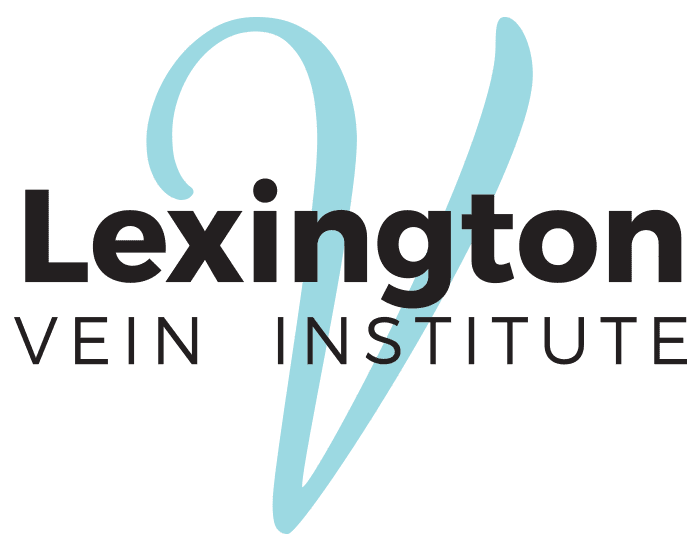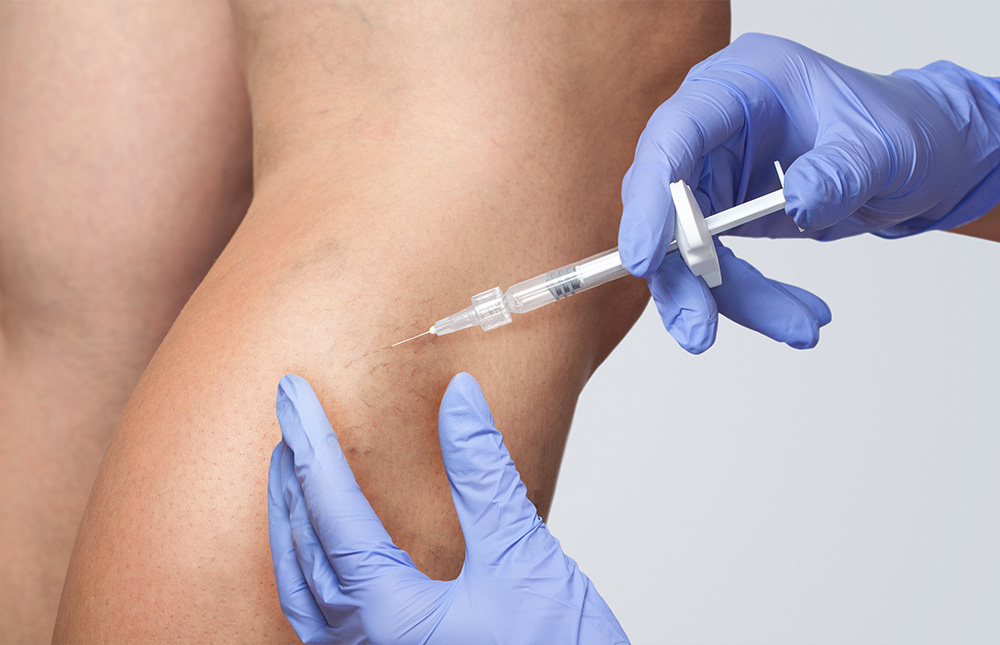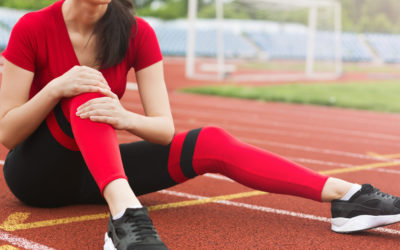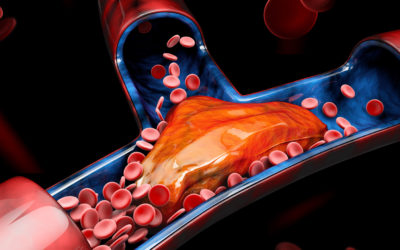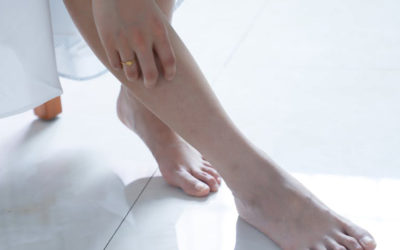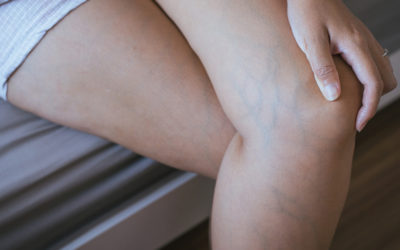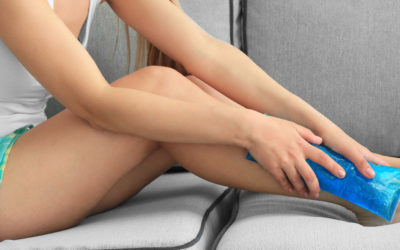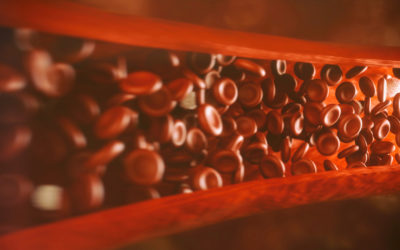Veins play an essential role when it comes to circulating blood in the body, bringing blood from different parts of the body back to the heart. However, as people age, issues can start to appear in the veins and cause a range of difficulties. In fact, many Americans in the United States suffer from a variety of vein diseases. Early symptoms of vein diseases may appear minor. However, they can become much more serious and sometimes even life-threatening if they are not treated properly. Therefore, it is very important to seek medical advice as soon as the symptoms start to appear.
What is Sclerotherapy?
Sclerotherapy treatment is a preferred medical treatment that utilizes an injection of a solution, known as sclerosing agents, to eliminate spider veins, reticular and small varicose veins using a fine needle. In addition to treating varicose veins and spider veins, sclerotherapy procedures can also reduce pain or side effects caused by damaged veins. Once the solution is injected, the walls of the injected vein will close, forcing blood to reroute through healthier veins.
Sclerotherapy Treatment Candidates
Sclerotherapy treatment is an amazing minimally invasive technique that treats many different vein diseases. It can also be used to treat many different types of abnormal blood vessels. People who suffer from varicose veins or spider veins are great candidates for sclerotherapy treatment. However, if you are pregnant, the procedure may not be done. Also, patients who have had a blood clot in the past have their eligibility determined on a case-by-case basis. Dr. Bacha from the Lexington Vein Institute in Lexington, KY, determines if sclerotherapy treatment is possible based on the overall health of the injection site, and the reason for the blood clot.
Possible Temporary Side Effects
Most side effects of sclerotherapy treatment are mild and do not last for a long period of time. Itching is possible and can last for a day or two, and there may be some red areas at injection sites for a couple of days. Bruising can also occur. Larger veins that have been treated can get hard before they naturally fade. More serious side effects, which are rare, might include allergic reactions.
Sclerotherapy Treatment Recovery
There is little to no downtime associated with sclerotherapy. Patients will most likely be able to return to their everyday activities immediately. In the first 48 hours after sclerotherapy, Dr. Bacha, recommends wearing compression stockings. Patients should only remove these to shower. After the first 48 hours, patients can wear stockings during the day and remove them at night while sleeping. Avoid sunlight, hot baths, saunas, swimming pools, and the beach during the first seven days after treatment. Patients should also stay active to reduce the chance of blood clots. However, they should avoid brisk aerobic exercises, such as running and weight lifting, for a couple of days. Walking and moving your legs is important to prevent the formation of blood clots.
